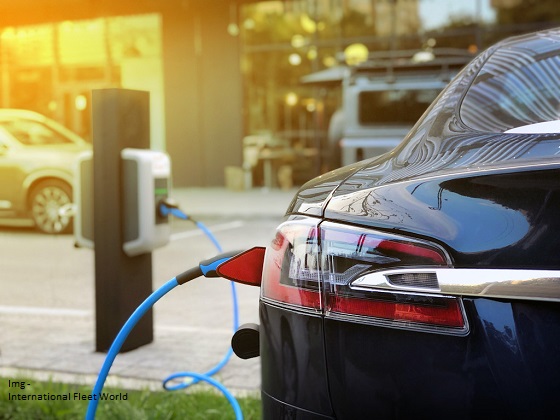UK Affirms Ban on Petrol Cars from 2030

The British government has pledged to
stick with a ban on new petrol and diesel cars from 2030 to reassure electric
car companies and investors after Prime Minister Rishi Sunak appeared to waver
on the policy in recent days. Sunak refused to make a ban in July when
broadcasters asked about it, and another minister, Andrew Mitchell, also
questioned the deadline. But Housing Secretary Michael Gove said
"yes" on July 25 when asked by Times Radio if the length of the ban
was immovable. However, Gove advised the government to review the pace of
introducing low-carbon home heating systems such as heat pumps rather than gas
boilers. Asked about the policy of requiring all new homes to use such systems
from 2025, Gove told Times Radio that this was one area " Now company need to look at again” but stressed
that new homes "should meet the network by zero standards".
Sunak
faced increased pressure from members of his own Conservative Party to
scale back his pledge to decarbonise Britain's grid by 2050 after last week's
snap election in which the Tories won a
surprise victory after campaigning
against Labour. local restrictions on vehicle emissions. The Conservatives have
trailed the main opposition party by
around 20 points in recent polls, and some MPs have described
environmental policy as a drag on the Tories' fortunes amid a cost-of-living
crisis.
A
ban on patrol cars from 2030 has been in the sights of some of the party's right-wing Tory opponents,
although Gove's comments appear to have hampered his bid to push back the
deadline. This could ease the concerns of electric car companies that the
government is trying to attract to the UK. The 2030 ban - as well as generous government subsidies - formed the
backdrop to Tata Group's decision last week to build a new £4bn (USD 5.16
Billion) electric car battery factory in the UK. The government is trying to
encourage more companies to build so-called "gigafactories" in the
UK.
The government's 2025 new home heating
mandate aims to increase the heat pump
market to around 600,000 installations
per year by 2028. The government also aims for new heating systems installed in
all homes to have a lower carbon content from 2035 - that is, for gas boilers
that can at least be converted to use hydrogen.